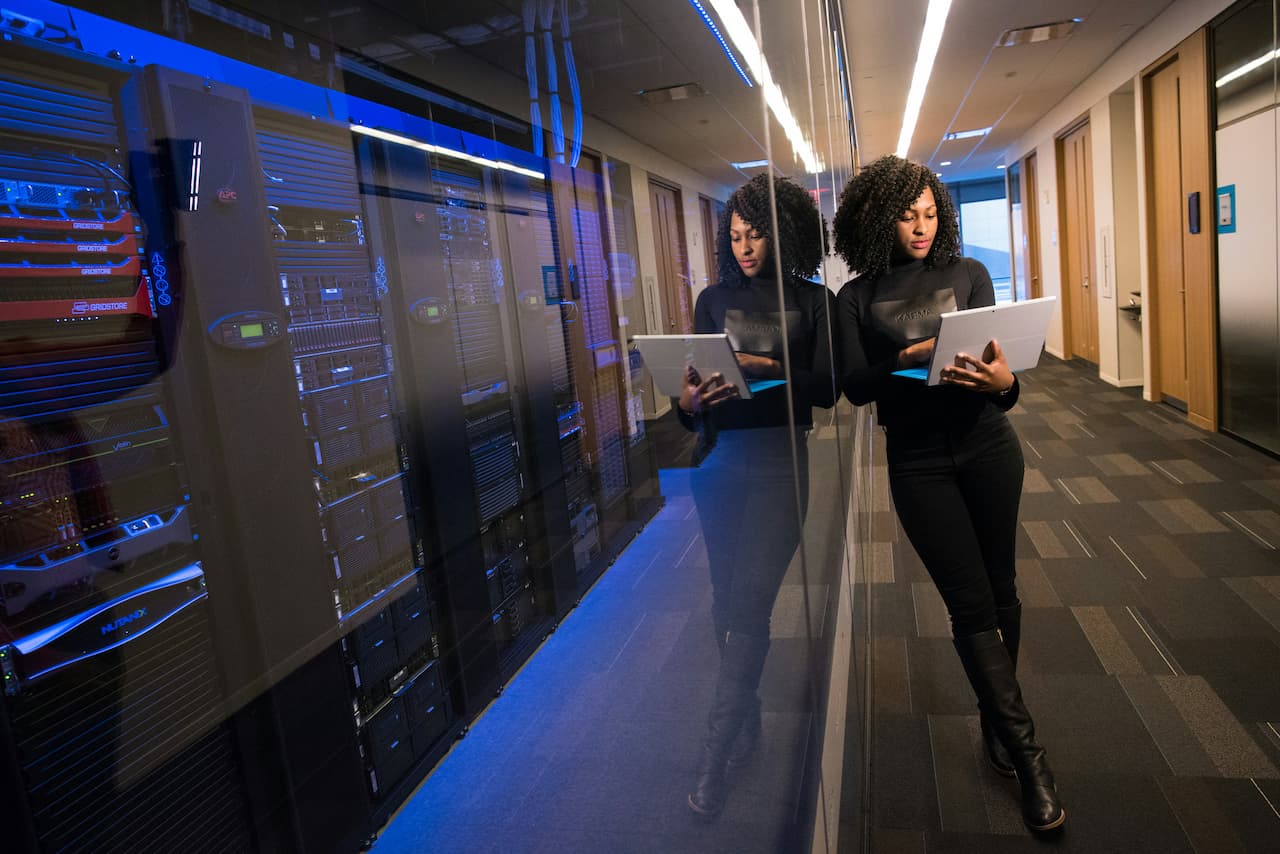In today’s fast-paced world, technology has become an integral part of our daily lives. It not only influences our habits but fundamentally changes the way we perceive society, interact with others, and handle common social issues. With the rise of the internet and mobile devices, we can connect with people around the globe, access vast amounts of information, and participate in a rapidly changing digital landscape. For example, on kaszinomagyar.net, we unite a community of individuals seeking quality advice and reviews, while promoting responsible communication and ethical standards.
The Dual Impact of Technology on Social Interactions
On the one hand, modern technology has revolutionized how we communicate and engage with one another. Social networks allow us to stay in touch with friends and family across the world and quickly share our thoughts and ideas. This digital communication can build bridges between cultures and help form online communities that work toward common goals, from charity projects to social activism.
On the other hand, the same technology can also isolate us. While we are more connected online, we may find ourselves drifting away from face-to-face interaction. According to a report from Statista, nearly 60% of the global population uses social media, but some studies suggest that excessive use of these platforms may lead to feelings of loneliness and a decrease in real-life social skills.
The Positive Influence of Technology
One of the most significant benefits of technology is its ability to break down geographical barriers. Online education has become increasingly popular, allowing students from all over the world to gain access to high-quality learning opportunities. Platforms like Coursera and edX offer a variety of courses from prestigious universities, which help people acquire new skills without leaving their homes.
In the workplace, technology enables remote work, which became especially prevalent during the COVID-19 pandemic. According to a report by McKinsey, 25% of employees in advanced economies could work remotely 3-5 days a week without a loss in productivity, a shift that could redefine future work environments.
The Negative Aspects of Technological Dependence
Despite its advantages, modern technology brings challenges that need addressing. One of the most pressing issues is the rise of digital addiction. Constant access to social media, video games, and streaming services can lead to over-reliance on digital entertainment and reduced time spent on meaningful offline activities.
Another growing concern is the erosion of privacy. With tech giants collecting massive amounts of data on users, concerns over how this information is used, stored, and potentially exploited have grown. The 2018 Cambridge Analytica scandal highlighted how personal data could be weaponized for political purposes, raising ethical questions about the responsibilities of tech companies.
Ethical Challenges in the Age of Technology
The rapid development of artificial intelligence (AI) and automation presents another critical issue. While these technologies offer promising solutions in healthcare, finance, and other sectors, they also raise concerns about job displacement. A 2020 World Economic Forum report predicted that automation could displace 85 million jobs globally by 2025 while creating 97 million new roles in the tech sector.
Moreover, AI raises ethical questions regarding decision-making processes. For instance, should AI systems make critical decisions about healthcare or law enforcement without human oversight? These technologies must be designed and regulated with ethical considerations in mind.
Technology for the Greater Good
While challenges exist, technology can also be a powerful tool for good. Crowdfunding platforms such as GoFundMe have revolutionized the way individuals and organizations raise money for charitable causes. Social media platforms like Twitter and Facebook have been used to spread awareness about social justice issues, climate change, and humanitarian crises, uniting people around the world to support meaningful causes.
Conclusion: Striking a Balance
Modern technology has the power to shape the way we live, work, and interact with one another. While it opens up exciting new possibilities, it also presents challenges that society must navigate carefully. By promoting responsible use of technology and addressing its potential risks, we can ensure that it remains a force for positive change in the world.


